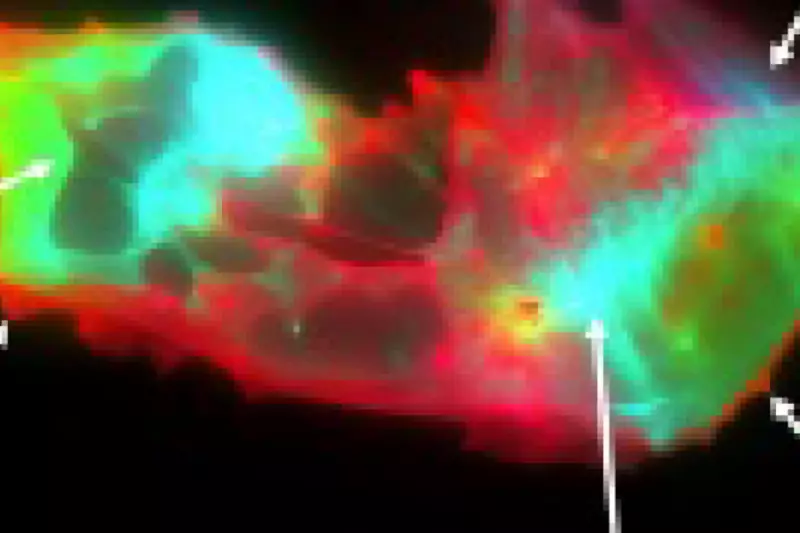
Scientists Uncover Potential Cause of Long Covid Symptoms
Researchers have made a significant breakthrough in understanding long Covid, identifying unusual blood clots and immune system alterations that could explain the persistent condition affecting millions worldwide.
The study, published in the Journal of Medical Virology, reveals that patients suffering from long Covid exhibit larger-than-normal microclots in their bloodstream alongside specific changes to white blood cells.
The Clot and Immune System Connection
Scientists found that tiny, abnormal clumps of blood-clotting proteins, known as microclots, circulate in the blood of long Covid patients. These were first identified in Covid-19 patients during the acute phase of the illness.
Concurrently, a type of white blood cell called neutrophils undergoes a peculiar transformation. This change causes them to expel their own DNA, forming filamentous structures that trap cell-dissolving enzymes. These formations are called neutrophil extracellular traps (NETs).
Researchers now suspect a dangerous interaction between these microclots and NETs is responsible for triggering a cascade of system-wide issues that manifest as long Covid.
How This Interaction Prolongs Illness
When comparing plasma from long Covid patients to that of healthy individuals, scientists discovered significantly higher levels of both microclots and NETs. The microclots in patients were also notably larger.
Alain Thierry, a study author from the Montpellier Cancer Research Institute in France, stated: "This finding suggests the existence of underlying physiological interactions between microclots and NETs that, when dysregulated, may become pathogenic."
Resia Pretorius, another author, explained that this interaction could be making the microclots more resistant to the body's natural clot-dissolving processes, allowing them to persist in circulation and cause chronic blood vessel complications.
The research team concluded that excessive NET formation likely stabilises these microclots in the bloodstream, leading to the deleterious effects that causally contribute to the long Covid syndrome.
This discovery, dated from the study released on Monday 17 November 2025, provides a new physiological explanation for symptoms like fatigue, brain fog, and breathlessness, paving the way for targeted treatment strategies.





